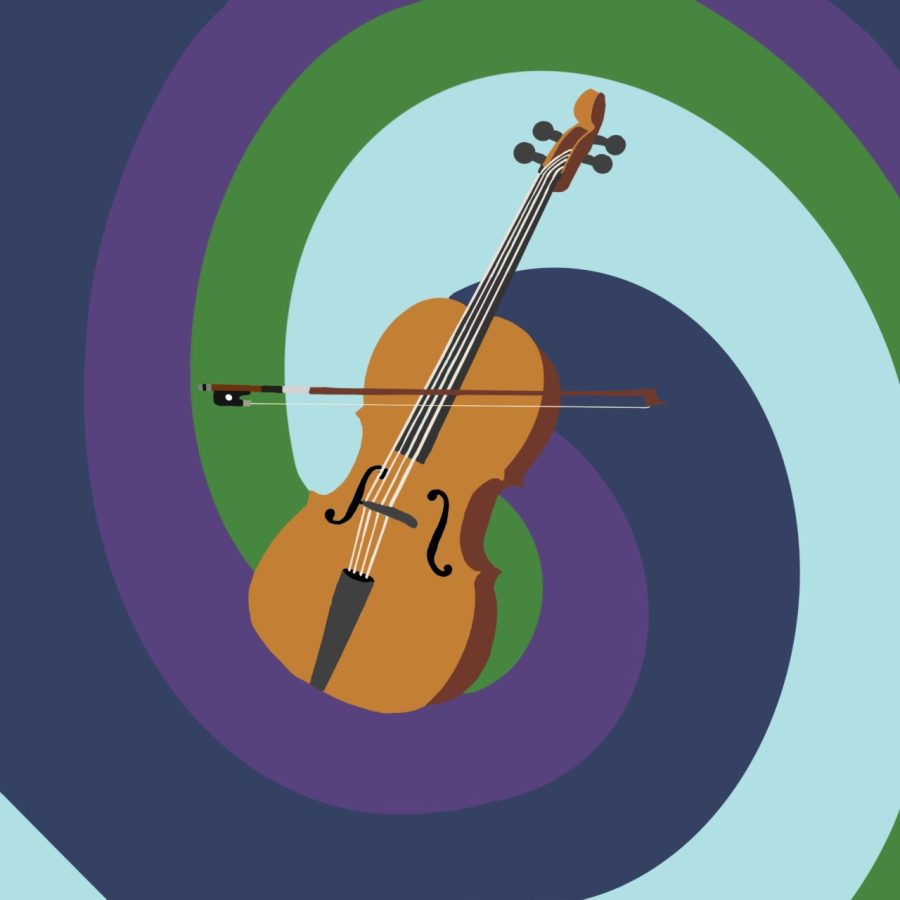Music that heals the mind and body
The addition of classical music into a person’s life could potentially provide many physical and mental health benefits.
January 19, 2023
A common struggle for many people is finding time away from the pressures of everyday life. A form of self-care that is not time-consuming and easily accessible may seem too good to be true but it is surprisingly already available for most.
Imagine being capable of thinking more clearly, experiencing less anxiety, having lower blood pressure and getting better sleep all because of listening to a specific genre of music. These are the beneficial effects of listening to classical music. With platforms such as Apple Music and Spotify having so many users, it is a reasonable claim that the average person today listens to music frequently. Whether it is listening to music on the ride to school or work, while cooking in the kitchen or while studying for their next big test, music is a constant source of entertainment in the lives of modern society. This is why listening to classical music is a worthy addition to a person’s life, because it can easily be integrated and has many benefits.
According to a study published by a journal in 2016, classical music can be beneficial for heart health. The study showed that, when compared to people who listened to alternative genres of music, those who listened to classical music had significantly lower systolic and diastolic blood pressure and lower heart rates in general. Michael Schneck, a neurologist at Loyola Medicine in Chicago, suggests that this likely occurs because of the rhythms and harmonies that make up the form of music that cause its calming effects. This idea also leads to the fact that classical music can lessen anxiety. Another study published in 2018 proved that classical music not only lowers blood pressure and heart rate, but it also lowers cortisol levels. Cortisol is the hormone in the body that is responsible for stress. High cortisol levels cause many of the issues in the body that come along with stress and anxiety, so having an easily accessible remedy can be relieving for those that struggle with it frequently.
Listening to classical music is also an effective method for achieving a restful night of sleep. A 2008 study published in the Journal of Advanced Nursing discovered that students struggling with sleep disorders had a better night of sleep when they fell asleep to classical music. According to Catherine Jackson, a board-certified neuro therapist and licensed clinical psychologist in Chicago, classical music has this effect because it does not require multitasking from the brain due to its lack of an upbeat tempo and words. Multitasking keeps the brain from focusing on sleeping and this prevents a person from falling asleep easily. This makes classical music a possible solution for those who struggle with sleep disorders.
Classical music can also boost a person’s mood, which in turn also boosts brain power. Research done at a university in France found that students who listened to a one-hour lecture with classical music playing in the background performed significantly better on a quiz than the students who listened to the lecture without the music. The researchers suggested that the music heightened the students’ emotional state, which made them more receptive to new information. In short, cognitive tasks are performed better when a person is in a positive mood and classical music improves mood which coincidingly increases cognitive ability.
Though classical music may not be most people’s number one choice of music, its potential benefits outweigh its subjectively lackluster entertainment aspect. Anxiety relief, lower blood pressure, sleep improvement and enhanced cognitive ability are just a few benefits of listening to classical music that researchers have discovered, but they are still enough reasons that people should give classical music a chance.








